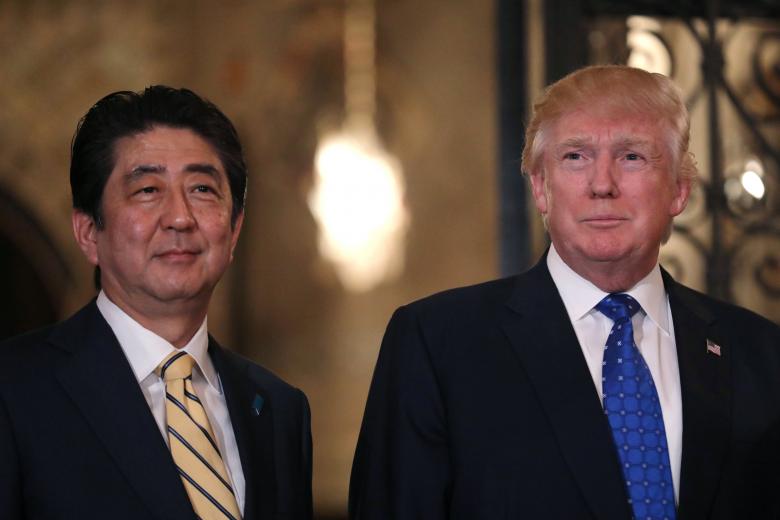Desperate times call for faked economic data – China’s latest political and current affairs news
A summary of the top news in Chinese politics and current affairs for June 12, 2017. Part of the daily The China Project news roundup "Huge hole in Shanghai-bound jet’s engine, a Korean connection in Pakistan kidnapping."

“China’s GDP figures are ‘man-made’ and therefore unreliable,” Li Keqiang said in 2007 — nearly six years before he became China’s premier — according to U.S. diplomatic cables released by WikiLeaks in 2010. The statement was notable because, despite the widely held belief that official statistics in China are at best rough estimates and at worst completely bogus, it is very rare for a senior Party leader to admit this.
However, slowing growth, continued pressure on provincial leaders to sustain economic development, and possible attention from the Party’s feared anticorruption watchdog, the Central Commission for Discipline Inspection (CCDI), are increasingly exposing faked economic data and lack of compliance with environmental regulations:
- The Commission stated that parts of northeastern Jilin Province and Inner Mongolia had faked economic data, though it did not specify “what figures were manipulated, how widespread the practice was, or the time frame,” according to Bloomberg. This marks the second time this year that the Chinese government has admitted to faking official statistics — when the governor of northeastern Liaoning Province announced in January that his officials had inflated GDP numbers from 2011 to 2014, it was the first public admission of any unreliability in statistics from the Chinese government. Jilin and Liaoning are two of the nation’s most economically struggling provinces.
- The high pressure to achieve economic growth has also led to more publicly reported environmental issues. China’s Ministry of Environmental Protection (MEP) stated that in Beijing’s surrounding area — known as “Jing-Jin-Ji,” short for Beijing, Tianjin, and the province of Hebei — over 70 percent of companies inspected have failed to meet environmental standards, Quartz reports. The results from MEP are preliminary parts of a yearlong inspection series of the Jing-Jin-Ji area that started in April.
-
Book review: Are China and the United States headed for war? / The New Yorker
A scathing review of Graham Allison’s new book on the so-called Thucydides Trap, balanced with additional reviews of writings on rising Asian power and America’s response to it. -
Communist Party rebukes China’s internet watchdog for ‘lax’ control over cyberspace / SCMP
Discipline inspectors say the Cyberspace Administration failed to swiftly enforce Xi Jinping’s policies to further tighten control of cyberspace on the mainland. -
Brains and beauty wanted: Chinese graduates offered up to US$11,800 to sell their eggs / SCMP
“Women students in the eastern Chinese city of Nanjing are being offered up to 80,000 yuan (US$11,800) to sell their eggs through illicit brokers, despite a nationwide ban on the practice.” -
Natural disasters kill 41 in China in May / China Daily
The Ministry of Civil Affairs and the National Commission for Disaster Reduction reported:- 41 people died in natural disasters.
- About 46,000 people were displaced.
- Nearly 9,000 houses collapsed.
- More than 108,000 houses were damaged.
- About 1.74 million hectares of crops were affected, with more than 51,800 hectares destroyed.
- Natural disasters in May caused 8.87 billion yuan ($1.31 billion) in direct economic losses.
-
The kingmaker clan behind Xi Jinping / Nikkei Asian Review
The article says that the family of Ye Jianying 叶剑英, Marshal of the People’s Liberation Army and veteran of the Long March, “pulls the levers of power” in China. - China, Singapore vow trade cooperation in sign of thaw / Bloomberg
- Rare public protest in China’s Shanghai over property rule change / Reuters






